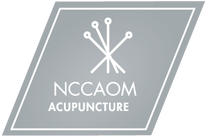 Author: Asya Haikin, C-IAYT Author: Asya Haikin, C-IAYT
Today over fifteen million Americans regularly practice yoga. It is easy to find a yoga class to fit your needs and your schedule. Why go an extra mile and see a yoga therapist? Who might benefit from that?
Yoga therapy is the application of yogic tools such as physical postures, breathing, chanting and meditation to the specific needs of an individual. In our minds yoga is firmly connected to the class format, but a yoga class is, in fact, a fairly recent phenomenon, dating back to the early 20th century. During that time the yoga of the physical postures (asanas) was gaining popularity in India, partly under the influence of emerging western interest in physical fitness. From India, Yoga was transported to the West, where the class format became the most popular way of practicing yoga.
Before yoga classes gained popularity, yoga was often transmitted one-on-one, from teacher to student. The practice was adapted to the individual, made to address whatever issues the student was dealing with. With most yoga classes around nowadays being highly athletic and physically demanding, there is a movement towards making yoga more accessible. Yoga therapy is part of this movement to make yoga responsive to the needs of the individual, and bring it into the field of integrative healthcare. Here are some of the reasons you may want to see a yoga therapist:
Listen to our "Ask The Expert" Interview with Asya Haikin
Even if you are just dealing with everyday stresses and with life cycle events like pregnancy, or natural effects of aging, yoga therapy can be a great way to support yourself through those life transitions. To find a qualified yoga therapist near you go to: www.yogatherapy.health
About the Author
Asya Haikin is the Owner of Peaceful Mind Yoga Therapy in Falls Church, Virginia. She is a Certified Yoga Therapist working with people with persistent pain to improve wellbeing and quality of life. Her mission is to make yoga safe and accessible, and to raise awareness about the benefits of yoga therapy. Asya has been using mindful movement, breath and body awareness to help individuals move beyond pain for over fifteen years. She has a private yoga therapy practice in Falls Church, VA, and also teaches several public yoga classes in Arlington and Falls Church. Asya is also a Reiki Master, a Tibetan Tones (vibrational sound healing) practitioner, and has an MA from University of Pennsylvania. To learn more about Asya, visit her website at www.peacefulmindyogatherapy.com
6 Comments
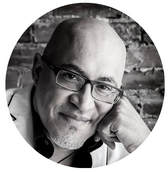 Written by José Johnson Written by José Johnson Breathing. We all do it. You’re doing it right now. We do it all the time. But how many times do we think about our breathing? If you are like most people, the only time you think about it is when you are having trouble with it. As a practitioner of the martial arts, healing arts, and brass wind instruments I have experienced first hand how an adjustment to our approach to breath can create profound change. In the study of the Chinese internal martial arts, there is a common saying - “Yi, Qi, Li.” Our “Yi” is our intent. Our “Qi” is our energy. “Li” refers to muscle, or as it is used in this phrase, to our physical actions. The gist of this saying is that all three things must work together. So what does this have to do with breathing? Everything! You see, our breath is directly connected to our state of mind and quality of the movement of our energy and our body. Don’t believe me? Give this a try. Think of something really exciting, like maybe you just won the lottery. Notice how your eyes open wide; notice how you breathe in; and notice that your breath is probably somewhat shallow. Now do the same thing while trying to move slowly. You may be able to do it, but it won’t be easy. Now try the opposite. Think of something sad. Notice how your eyes start to close and how you exhale. You may even feel your body start to slouch. Now do the same thing while trying to move quickly. Again, you might be able to, but it will take a lot of effort. By simply changing how you breathe, So what’s the point of this? Your mind and body want to be on the same page. When one of them gets off track it wants to pull the others along. The cool thing is that breath is the link between the internal world and external world, and by simply changing how you breathe you can change how you think, feel, and move. And our breath goes far beyond our state of mind and quality of movement. It effects our health. All our metabolic functions are important. Our bodies are designed to be this wonderfully complex holistic system. And while these systems are important and act on their own, our breath is the one function that we can consciously control. And it is through our conscious decisions to adjust how we breathe that we can create change in our other functions. How we breathe has a direct effect on our circulatory, digestive, and even our nervous systems. It’s amazing to think how much impact this simple act has on our total health and well-being. So, if you are interested in learning a little more about the basics of breathwork, go to my Personal Mastery and Growth online academy and take my FREE course on Breathing Fundamentals for Qigong. About the Author (See José's full in-person interview on YouTube) José Johnson has been described as a modern Renaissance Man. Jose is an accomplished martial artist, musician, teacher, entrepreneur and change merchant. Jose currently owns and operates Jose Johnson’s Chinese Martial Arts & Wellness Center in Harrisburg, PA. He is also the founder of Integrated Wellness Consultants and in 2017 established the Personal Mastery and Growth online academy. (link above) As a martial artist, José’s accomplishments earned him the honor of being included in the 2008 publication “Extraordinary Chinese Martial Artists of the World” and the invitation to take part of the filming of the 2015 Chinese docu-drama “New Legends of Martial Arts.” As a musician, José has developed a reputation as being one of Central Pennsylvania’s most dependable lead trumpet players and arrangers specializing in funk and R&B. He regularly works with The Impact Band, The Maxwell Project, Gumbo Junk Brass Band, Big Boy Brass and Windish Music & Productions. He is also an endorsing artist for Robinson’s Remedies and Warburton Music Products. José exclusively plays Warburton trumpets, flugelhorns and mouthpieces. Here are a few places where you can find more about Master José Johnson - José Johnson’s Chinese Martial Arts and Wellness Center: www.dowellness.com - José Johnson’s Personal Website: www.josejohnson.com Our mentally and emotionally-induced unnatural resistance to adjust our basic routines together with the seasons causes a clash between our internal environment (our physiology) and the external environment. Each morning for the past week, I have found myself to be a bit more tired than usual. There were nights when I went to bed a little late and nights I went to bed early, but it didn't make a difference. Some mornings I even felt a little tickle in my throat and others I noticed a slightly runny nose and little extra saliva in my mouth. Too much detail? Well there's a reason. When the seasons change, our bodies do the same. When the physical environment, and even the emotional environment, begin to change around us, our bodies, being the pros they are, automatically make an effort to change with them. If they didn't, we would enter an unfortunate state of dis-ease. Our mentally and emotionally-induced unnatural resistance to adjust our basic routines together with the seasons causes a clash between our internal environment (our physiology) and the external environment. This is the reason I personally prescribe the art and exercise of Tai Chi during these times of the year. Although there are numerous styles of this exercise, its overall gentle movements and calming nature provide one important element in this time of seasonal transition; Movement. A consistent Tai Chi practice during any seasonal transition, especially from summer to fall, will allow for a healthy experience of movement from one season to the next, no matter the type of climate. Whether you live in the northern or southern hemispheres, on the equator, or in Antarctica, there is always a transition in the environment, which has an inevitable effect on your body's physiology.
The main reason why practicing during the summer to fall transition is so important is due to the overall nature of the seasons. What I mean is, during summer exists the peak temperatures of the year in the external environment, which create physiological changes that lead to the release of heat (sweating) from our bodies. Or it can lead to something we refer to as warm diseases (think heat exhaustion) because our bodies are unable to release the heat inside of us leading to dangerous and sometimes life-threatening conditions. Additionally, as you may already be aware, there is a large amount of breathing occurring during the practice of Tai Chi. This breathing is a constant exchange of air and its contents between the external and internal environments which allow is to more rapidly create a level of balance between the two ultimately guided by a mindful approach to practice. After summer, we transition towards the colder seasons, first moving through fall; a season of dryness, chilly temperatures, and less and less movement in the outdoors (e.g. the beginnings of hibernation). So as you can see, if we live in these environments, then our bodies are certainly affected by them, and we must take appropriate action to adjust in parallel with them. What action is that? The action is Tai Chi. Which I believe, as a Licensed Acupuncturist, to be the single most effective form of exercise that offers and guarantees (with your consistent practice and close observation of your physiological changes) the opportunity for a healthy transition through any season change. So, if you usually struggle during these times of year, particularly from summer into fall and then into winter, start your Tai Chi practice as soon as you notice the seasons beginning to change. Don't wait! Unless of course you prefer to catch a cold, get the flu, dine on throat lozengers, suffer from sinus infections, and yell at the top of your fluid-filled lungs "I hate this season!" Peacefully, 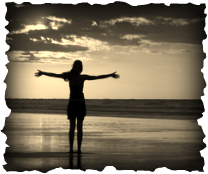 Each day I hear people speaking of health concerns; talking about their latest visit to the doctor, expressing their unease about a recent diagnosis, complaining about a medication (or number of medications) they are taking, sharing with others how they may have contracted a “seasonal illness” or the cold that is “going around”, or some other conversation-sparking health anomaly. I have one question. What is it that these people are NOT doing for themselves to ensure that they remain healthy and in a state of (balanced) wellness? Furthermore… Who is teaching them to live healthy (and happy) lives and what continues to motivate them to do so? And then there is the topic of responsibility which I’ll leave for another time. In your personal medical community, are your caregivers ACTUALLY educating and coaching you on how to take care of yourself? If you can answer “yes”, then answer me this; are they hoping that you will come back to their clinic in hope of building and expanding their business and making a larger profit, or are they actually investing in those they provide care to in a way that teaches people, for the most part, to stay OUT of their clinic? THIS IS EMPOWERMENT! And we need more of it. Every health/medical practitioner, I say, has the responsibility (and wherewithal) to educate people and coach them into a state of wellness in a way that the patient learns and understands over time and is able to carry out what they have learned on a consistent basis. Now, of course we all (including health/medical practitioners) lose track now and then, perhaps through overworking, eating less nutritious foods, or staying up an hour longer to catch up on Scandal or The Daily Show with Jon Stewart. However, if we have truly learned about our health on all levels, then we know what will help us to get back on track to wellness, whether it requires an afternoon or a whole day off from work, simply adding one or two veggies to the meal(s), or adding 30 minutes to each end of our sleeping time. If we don’t choose to do so, then perhaps we end up being easily frustrated because we put off eating lunch or going to the bathroom because of “the amount of work”, and we suddenly pour our frustration out on another person, be it at work, at the store, or at home. Regardless, when we begin to forget what makes us healthy, it is possible that we will slowly turn into the running of the bulls. At this stage, we begin to notice more and more those physical concerns mentioned earlier, and eventually make the call to the doctor (or overlook the opportunity to do so and end up in the back of an ambulance). Where did we lose track? What signs did we miss that might have guided us back on track sooner? If we saw them, what was it that kept us from pulling a U-turn or slamming on the brakes? So, I ask you. What are YOU doing to empower yourself so that you remain in a state of wellness? And, just as importantly, who guides you there when you begin to forget? If you believe your state of health and wellness is at all important, then create answers to these questions and make the choice to build a community of healthy lifestyles, healthy communication, and healthy relationships. This, again, is empowerment. And trust me, if you start today, your quality of life will improve greatly. (And you might save some money in the long run!) Our health is an investment with shares that cannot afford to be sold. By empowering yourself, you empower those around you. What other reason do you need than this?! Peacefully yours, |
Posted here are...inspirational ideas on healthy living through eastern medicine, optimism, and possibility through empowerment. Archives
March 2020
Categories
All
|
HOURS & LocationMondays-Thursdays 5:30-6:30pm (Tai Chi & Qigong only)
Fridays 5:00-6:00pm (Tai Chi & Qigong only) Saturdays 1:00-6:00pm (Acupuncture only) |
CONTACT Us |

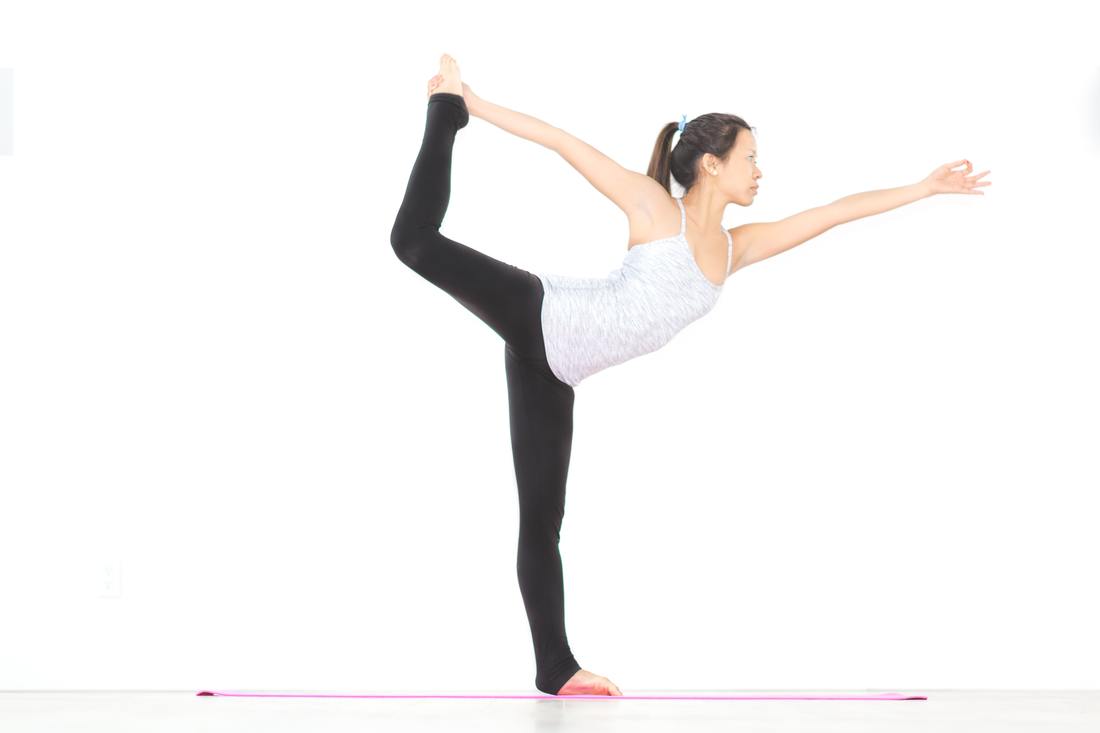
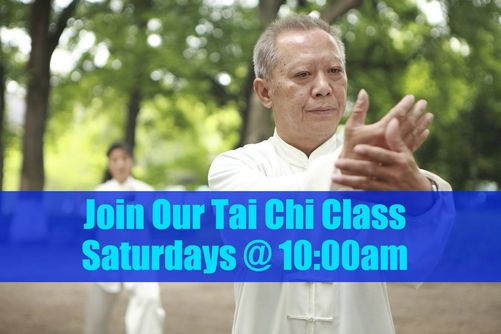


 RSS Feed
RSS Feed



